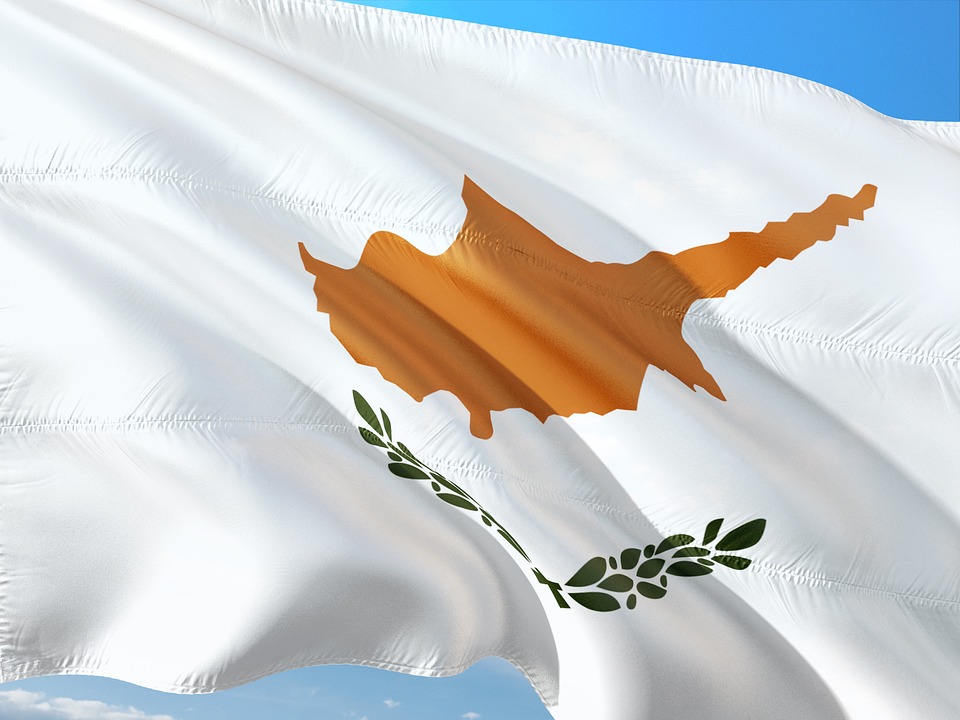Highlight 7/2025: The Role of the United Nations in Cyprus
Irini Papandreou, 6 January 2025

The United Nations has been deeply involved in efforts to address the Cyprus conflict since the 1960s, playing a central role in peacekeeping, mediation, and the pursuit of a long-term resolution. Following intercommunal violence in 1964, the UN established the United Nations Peacekeeping Force in Cyprus (UNFICYP). Initially deployed to prevent further violence between Greek and Turkish Cypriots, UNFICYP’s mandate expanded significantly after the events of 1974, when the island was effectively partitioned following a Turkish military intervention. The mission’s role now includes monitoring the ceasefire, maintaining peace along the Green Line, and preventing unauthorized military activity within the buffer zone. The Green Line, which stretches 180 kilometers across the island, divides the Turkish-controlled north from the Greek Cypriot-controlled south, and remains one of the most visible symbols of the conflict.
In March 1963, Archbishop Makarios remarked, « The (Independence) Agreements have created a State, but not a Nation » (Cyprus Mail, 28 March 1963). This statement encapsulated the deep divisions between Greek and Turkish Cypriots, highlighting the challenges of fostering a cohesive national identity. His words underscored the reality that any approach to resolving the Cyprus question based on the premise of a single, unified nation would be fundamentally flawed. The intercommunal tensions that followed proved the prescience of this observation, as mistrust and violence escalated between the two communities.
In addition to peacekeeping, the UN has worked to mediate a political solution through its Good Offices Mission. Over the decades, Secretaries-General have facilitated dialogue and proposed frameworks to resolve the division. A significant breakthrough came with the High-Level Agreements of 1977 and 1979, which established the principle of a bizonal, bicommunal federation as the basis for reunification. This framework continues to guide negotiations today. Efforts in the 1990s focused on building trust between the communities, with measures such as opening checkpoints along the Green Line to encourage interaction and cooperation.
The most comprehensive UN initiative came in 2004 with the Annan Plan, named after then-Secretary-General Kofi Annan. The plan proposed reunifying the island under a federal structure, with detailed provisions on governance, property restitution, and security. Despite its ambition, the plan was accepted only by Turkish Cypriots in a referendum and rejected by Greek Cypriots, who expressed concerns over security arrangements and political power-sharing.
After the failure of the Annan Plan, the UN continued to mediate, with periodic negotiations aimed at resolving key issues. Notable among these efforts were the 2015-2017 talks held in Crans-Montana, Switzerland. These negotiations brought together representatives from both communities and guarantor states, including Greece, Turkey, and the United Kingdom. Although progress was made on governance and property issues, disagreements over security arrangements and the presence of Turkish troops on the island led to the collapse of the talks.
Despite these setbacks, the UN remains committed to resolving the Cyprus conflict. UNFICYP continues to play a vital role in maintaining stability on the island, while confidence-building measures, such as the opening of additional crossing points, aim to foster cooperation between the communities. However, significant challenges persist, including deep-seated mistrust, divergent visions for the island’s future, and the influence of external actors like Turkey and Greece. The Cyprus conflict remains one of the world’s longest-standing unresolved disputes, and the UN’s role is as critical today as it was when the conflict began.
Irini Papandreou, Highlight 7/2025 – The Role of the United Nations in Cyprus, 6 January 2025, available at www.meig.ch
The views expressed in the MEIG Highlights are personal to the authors and neither reflect the positions of the MEIG Programme nor those of the University of Geneva.
